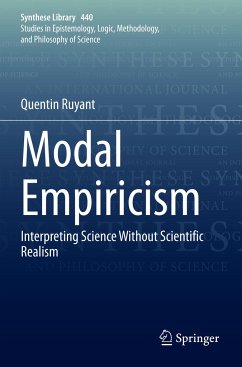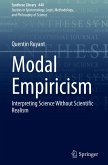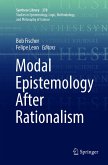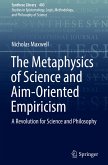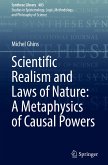This book proposes a novel position in the debate on scientific realism: Modal Empiricism. Modal empiricism is the view that the aim of science is to provide theories that correctly delimit, in a unified way, the range of experiences that are naturally possible given our position in the world. The view is associated with a pragmatic account of scientific representation and an original notion of situated modalities, together with an inductive epistemology for modalities. It purports to provide a faithful account of scientific practice and of its impressive achievements, and defuses the main motivations for scientific realism. More generally, Modal Empiricism purports to be the precise articulation of a pragmatist stance towards science.
This book is of interest to any philosopher involved in the debate on scientific realism, or interested in how to properly understand the content, aim and achievements of science.
This book is of interest to any philosopher involved in the debate on scientific realism, or interested in how to properly understand the content, aim and achievements of science.
"Ruyant's book is intricate, dense, and interesting. ... I recommend this book for those who want an overview of the literature on models and representation, those who want to learn more about different empiricist positions, particularly alternatives to Constructive Empiricism, and those who (like myself) are greatly interested in the development of scientific metaphysics compatible with empiricism." (Richard Lauer, Journal for General Philosophy of Science, Vol. 54 (4), 2023)

